Putin Agrees to Halt Attacks on Ukraine's Energy Infrastructure in Trump Call, but No Full Ceasefire
Russian President Rejects Comprehensive Truce, Insisting on End to Foreign Military Aid
Russian President Vladimir Putin has rejected an immediate and full ceasefire in Ukraine, agreeing only to suspend attacks on the country’s energy infrastructure following a call with U.S. President Donald Trump.
During their discussion on Tuesday, Putin refused to endorse a month-long ceasefire deal that Trump’s team had brokered with Ukraine in recent talks in Saudi Arabia. The Russian leader insisted that any broader truce would require an end to foreign military assistance and intelligence-sharing with Kyiv—conditions Ukraine’s European allies have repeatedly rejected.
U.S. officials are set to continue negotiations on Sunday in Jeddah, Saudi Arabia, with U.S. Middle East envoy Steve Witkoff confirming further discussions.
Shifting U.S. Position as War Continues
Russia’s decision comes as the war enters its third year. Recently, Russian forces have been regaining territory in the Kursk region that had been occupied by Ukrainian troops following an incursion six months ago.
The results of the Trump-Putin call suggest a shift in the U.S. position from just a week ago. When American negotiators met Ukrainian officials in Jeddah last Tuesday, they successfully convinced Kyiv to accept a 30-day ceasefire proposal covering land, air, and sea. However, Putin’s reluctance to sign on to the agreement has complicated the path to peace.
Ukrainian President Volodymyr Zelensky, who was visiting Finland when the Trump-Putin call concluded, expressed cautious openness to the idea of a ceasefire on energy infrastructure but demanded more details. Hours later, he accused Putin of rejecting a wider truce following a fresh wave of Russian drone attacks.
"Unfortunately, there have been hits, specifically on civilian infrastructure," Zelensky posted on X. "Today, Putin effectively rejected the proposal for a full ceasefire."
Trump and Putin's Positions on the Conflict
Trump described his call with Putin as "very good and productive" in a post on Truth Social, adding that "many elements of a Contract for Peace were discussed." He stated that he and Putin had agreed to an immediate halt to attacks on energy infrastructure, with further efforts to achieve a complete ceasefire and ultimately "an END to this very horrible war between Russia and Ukraine."
Zelensky has repeatedly highlighted the devastating impact of Russian attacks on Ukraine’s energy sector. As of last September, he estimated that about 80% of the country’s energy infrastructure had been destroyed by Russian airstrikes. In response, Ukraine has conducted its own missile and drone strikes deep into Russian territory, targeting oil and gas facilities.
Despite Putin’s agreement to halt attacks on Ukrainian power infrastructure, tensions escalated almost immediately. Within hours, both Russia and Ukraine accused each other of launching new airstrikes.
Zelensky claimed that Russia had deployed more than 40 drones against Ukrainian targets following the Trump-Putin call. Meanwhile, officials in Russia’s Krasnodar region reported that a Ukrainian drone attack sparked a fire at an oil depot. In Belgorod, a Russian region near the Ukrainian border, local officials said Ukrainian forces attempted a ground assault but were repelled.
Uncertainty Over Next Steps in Peace Talks
Following last week’s talks in Jeddah, U.S. Secretary of State Marco Rubio stated that "the ball" was in Russia’s court after Ukraine had accepted Washington’s proposal for a full ceasefire. However, the White House’s statement on the Trump-Putin call made no mention of that agreement.
Instead, the statement emphasized that "the movement to peace will begin with an energy and infrastructure ceasefire," with future negotiations aiming for a "maritime ceasefire in the Black Sea, full ceasefire, and permanent peace."
The Kremlin, however, was more cautious, noting that there were "significant issues" surrounding the enforcement of any agreement with Kyiv. Moscow also reiterated that an end to Western military support and intelligence-sharing with Ukraine was a "key condition" for any broader settlement.
Trump and Putin agreed to hold immediate technical-level discussions to explore a longer-term resolution. The Kremlin stated that any deal must be "complex, stable, and long-term in nature." However, it remains unclear whether this means direct U.S.-Russia talks or separate negotiations between Russia and Ukraine.
Political Reactions and Broader Implications
In an unusual aside, the Kremlin also announced that Trump supported Putin’s idea of organizing ice hockey matches between professional players from the U.S. and Russia. Moscow’s teams have been excluded from international competitions since Russia’s invasion of Ukraine in 2022.
Kyiv is likely to view the outcome of Tuesday’s high-profile call as another stalling tactic by Putin, as he continues to impose tough conditions on any settlement. The Russian president has previously demanded that Moscow retain control over occupied Ukrainian territories and called for an easing of Western sanctions as part of any peace deal.
Putin is also aware of Trump’s previous willingness to cut off U.S. military and intelligence aid to Ukraine. The Russian leader appears to be testing whether the U.S. will reduce its backing for Kyiv again while shifting the pressure back onto Ukraine.
Earlier this month, the U.S. temporarily suspended military and intelligence assistance to Ukraine following a tense Oval Office meeting between Trump and Zelensky. During the confrontation, Trump and Vice President JD Vance publicly scolded the Ukrainian leader, accusing him of ingratitude for American support.
Meanwhile, European leaders reacted cautiously to the latest developments. Speaking alongside French President Emmanuel Macron in Berlin, German Chancellor Olaf Scholz described the partial ceasefire as an "important first step" but reiterated the need for a comprehensive truce.
In the UK, Prime Minister Sir Keir Starmer called Zelensky after the Trump-Putin conversation and reaffirmed Britain’s "unwavering support" for Ukraine, according to a Downing Street spokesperson.
With continued uncertainty over the fate of peace negotiations, the coming weeks will be crucial in determining whether the Trump-Putin call represents a genuine path to de-escalation or merely another delay tactic in the ongoing conflict.

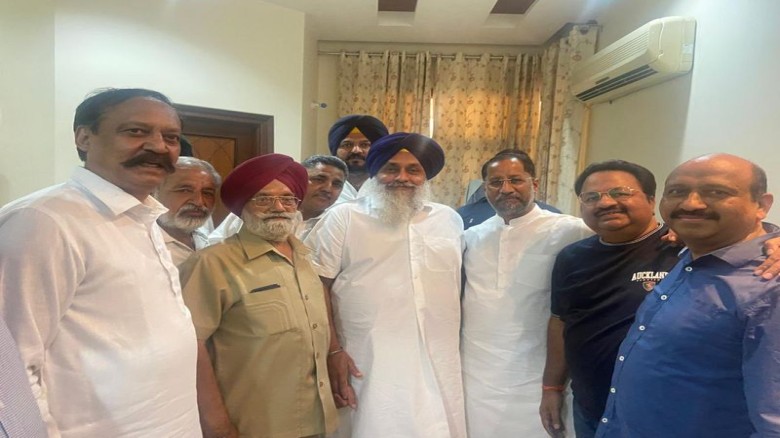
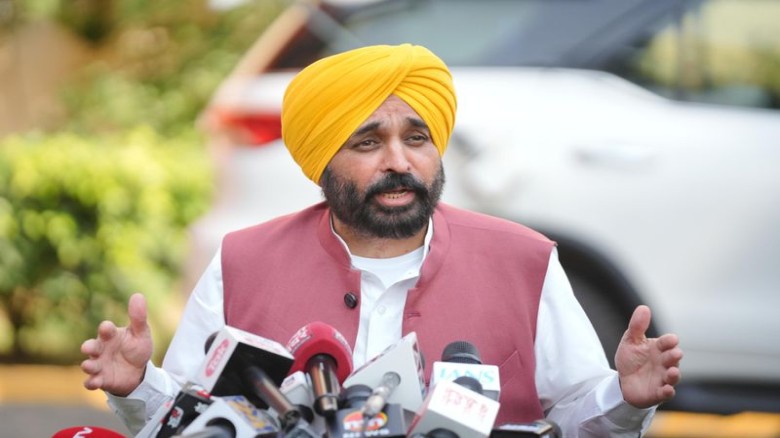

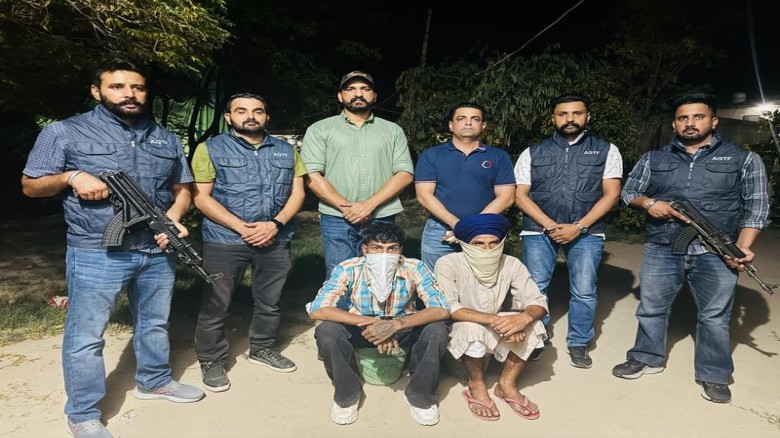

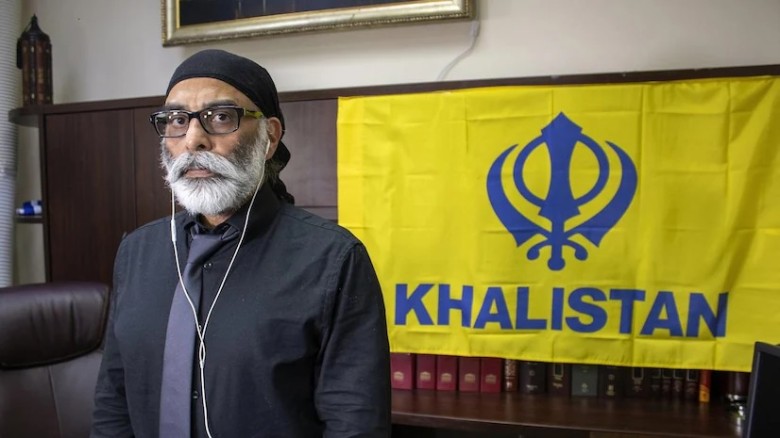
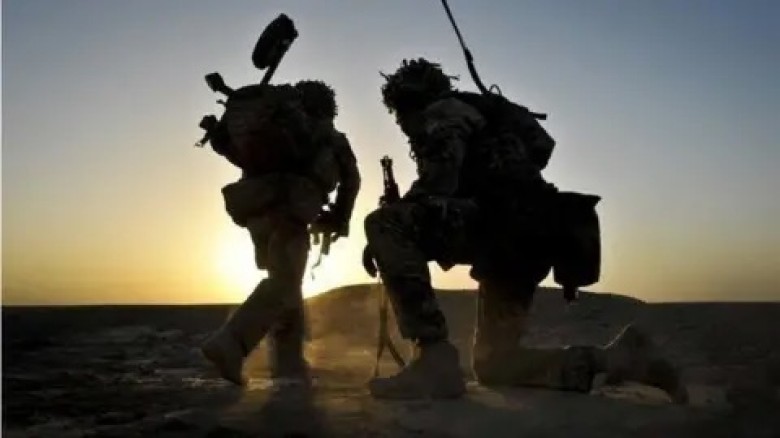

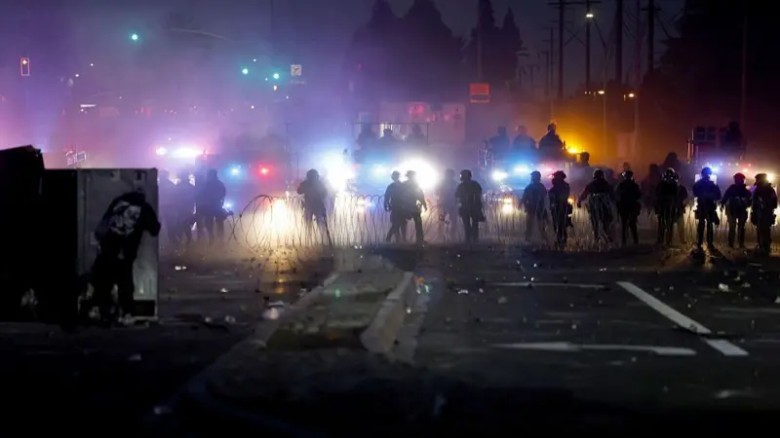
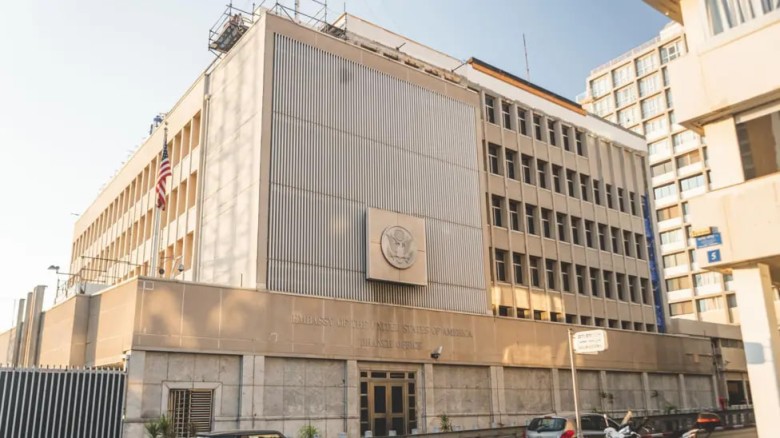
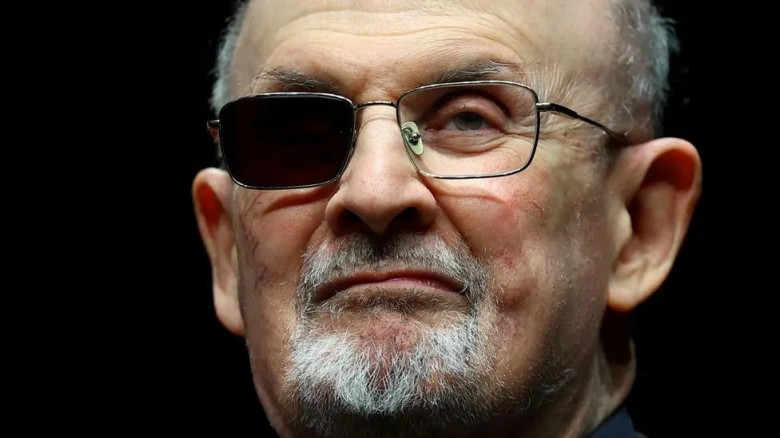
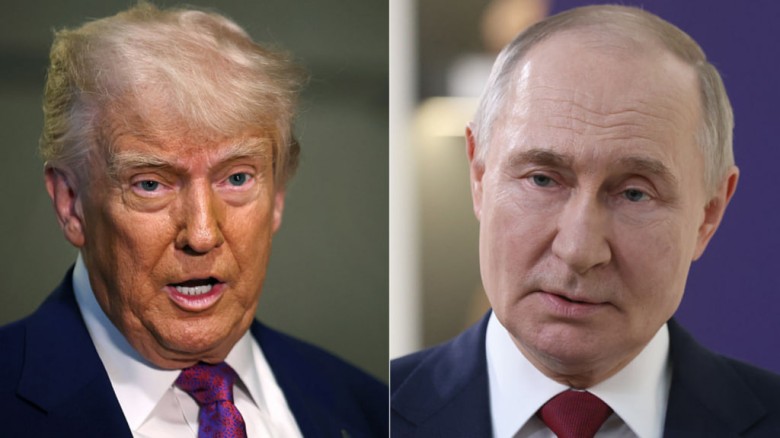
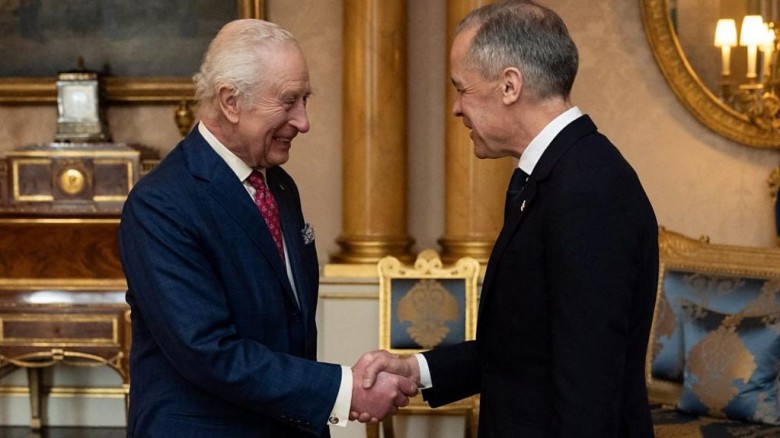



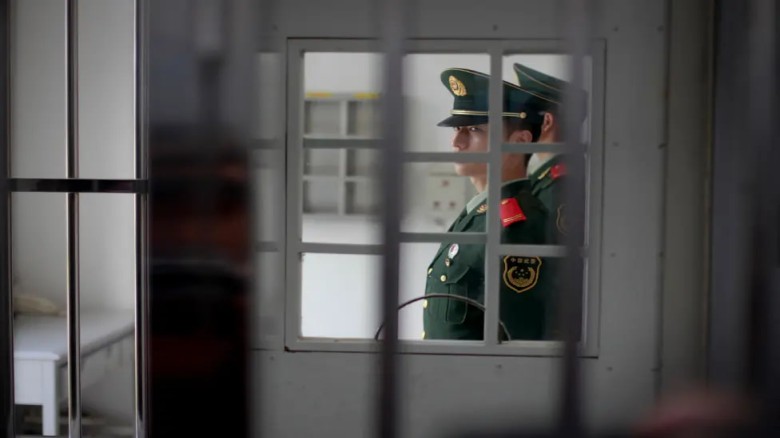

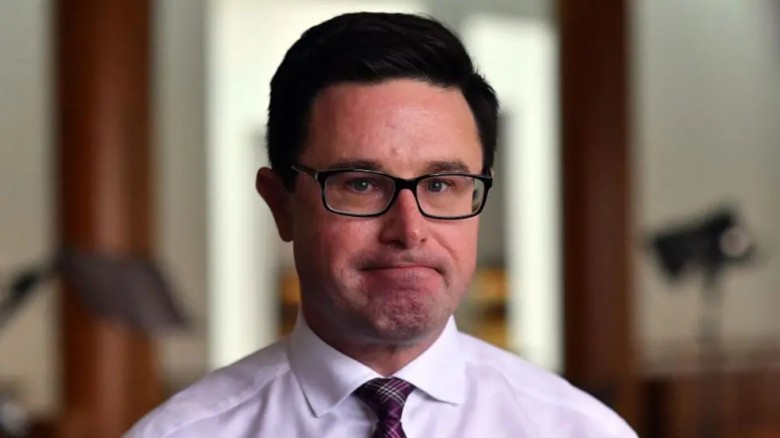

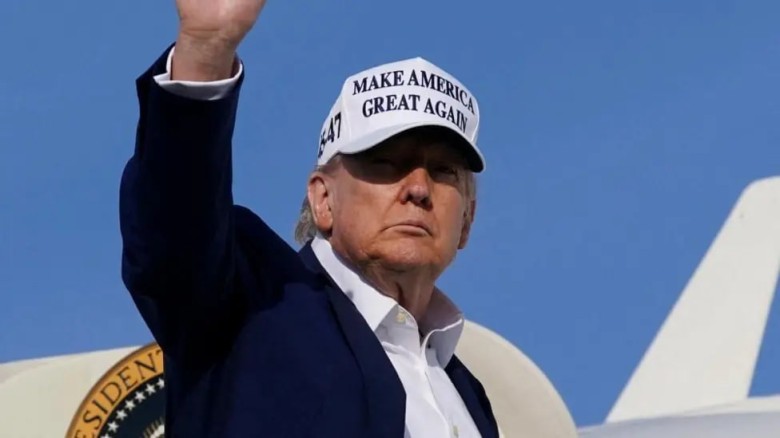
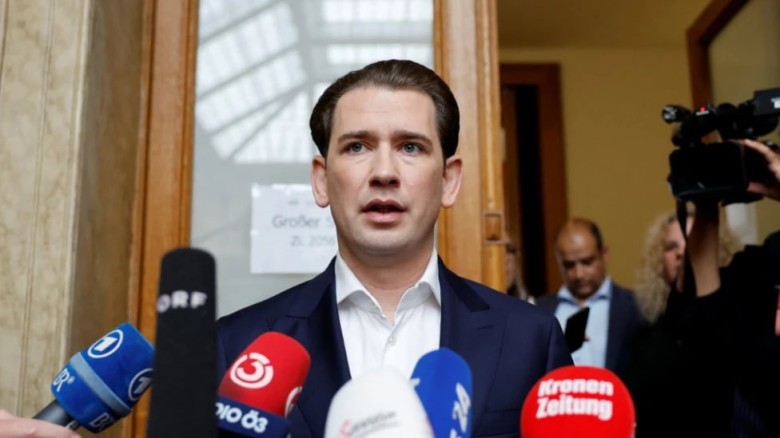

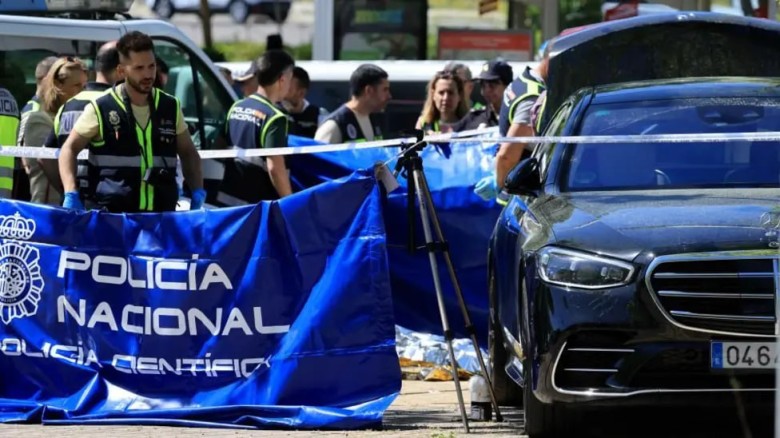
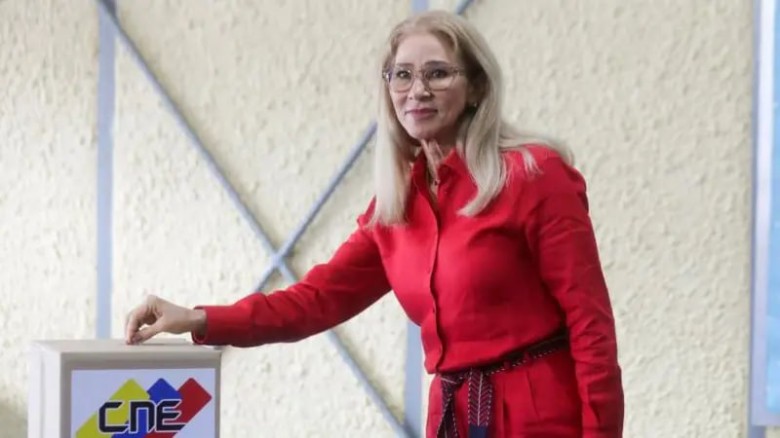












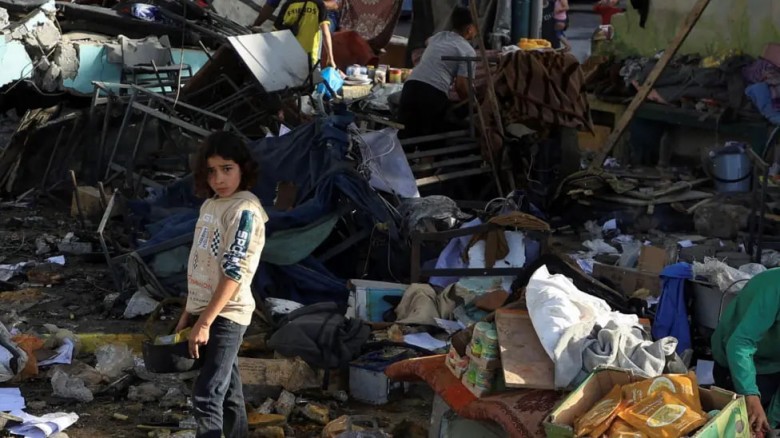

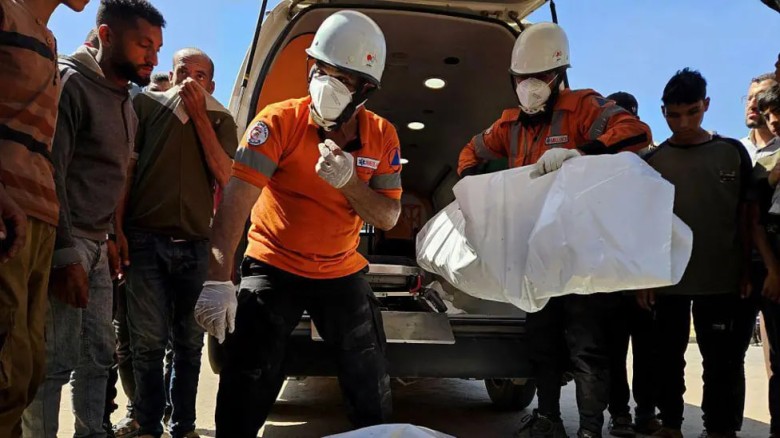








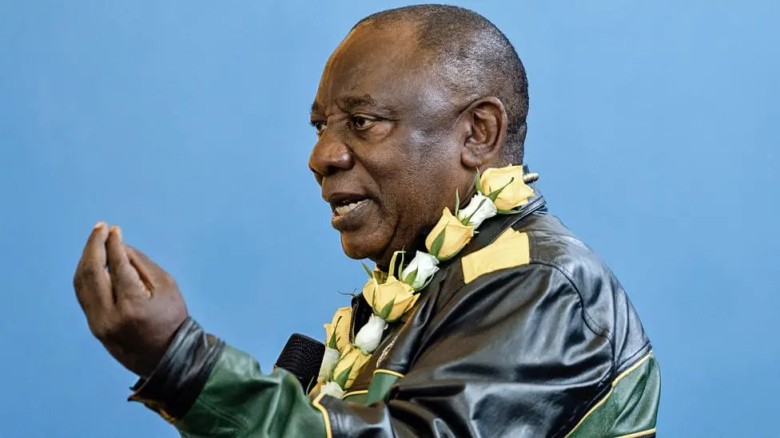
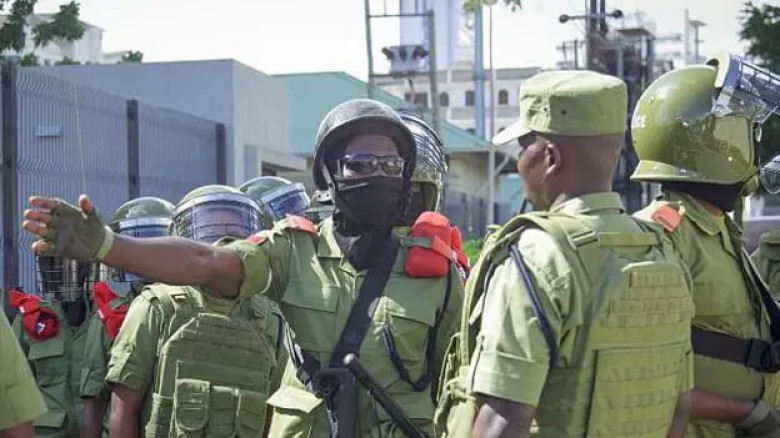

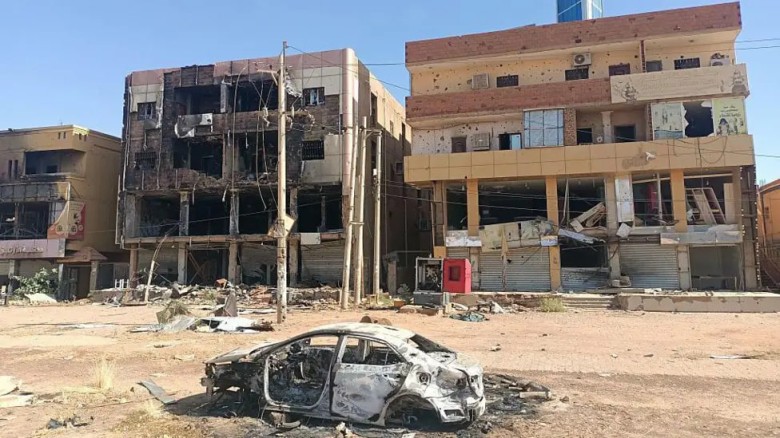








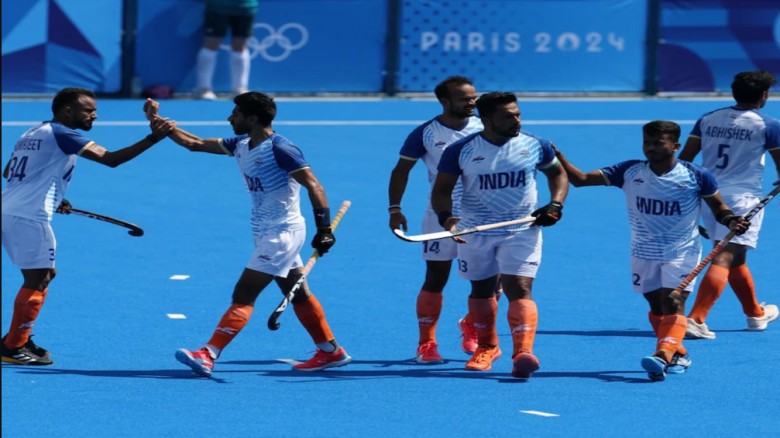








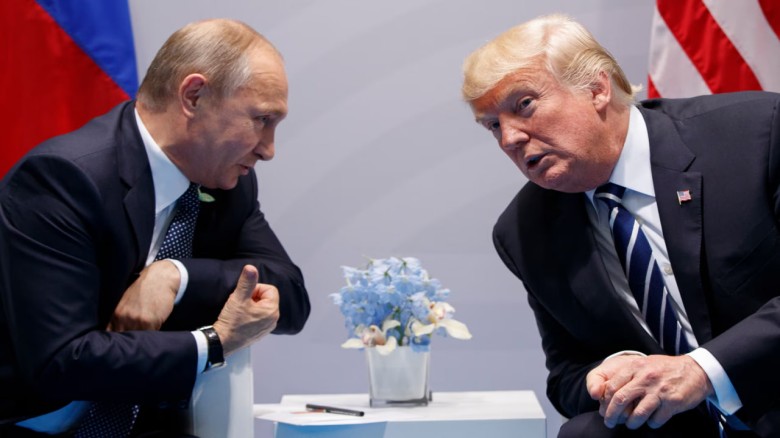


Leave A Comment